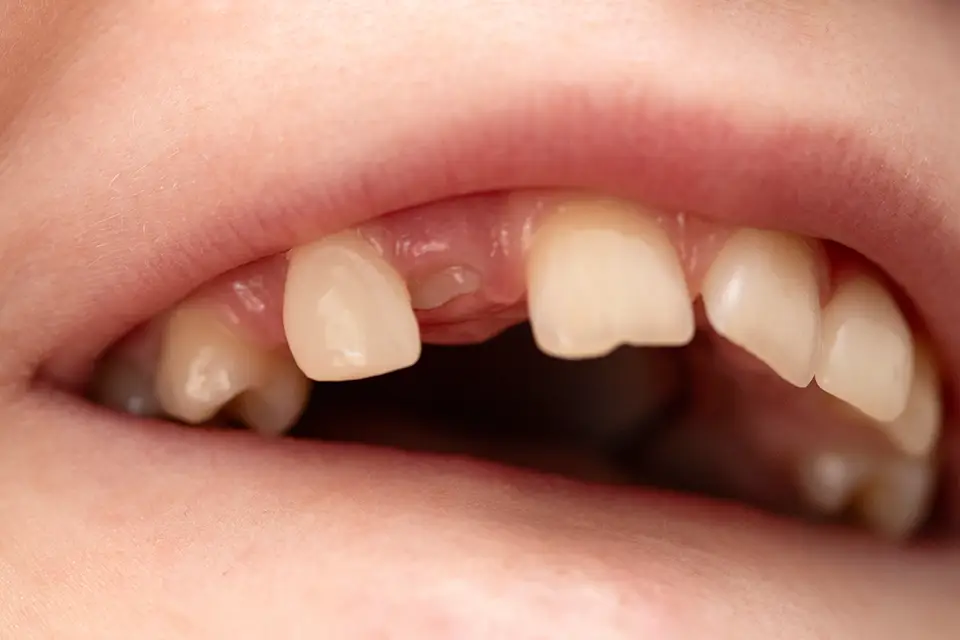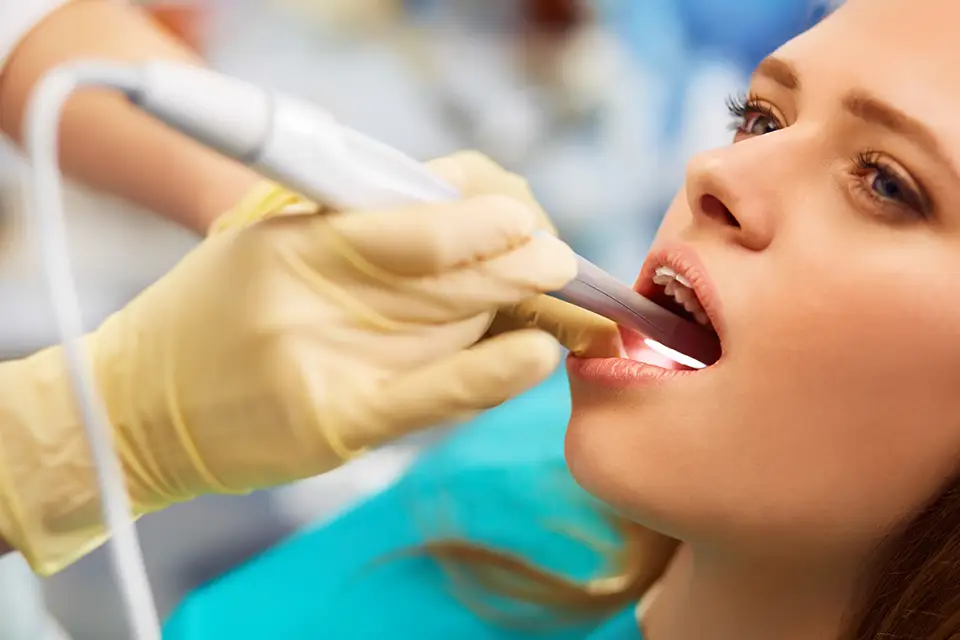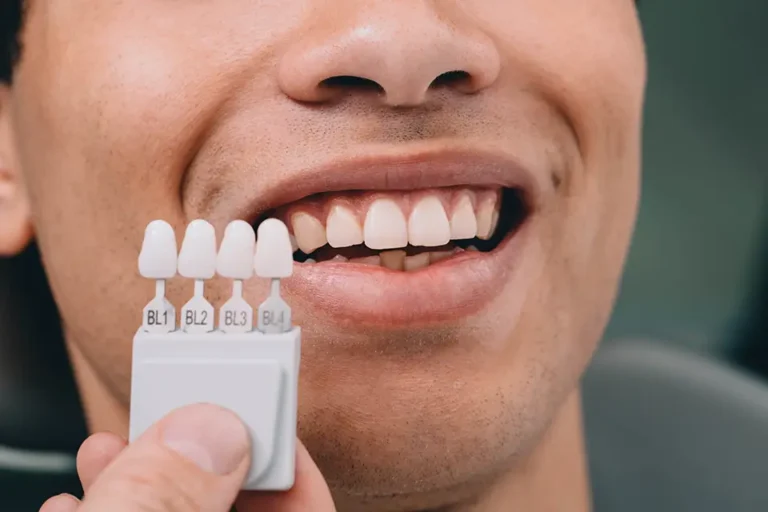The effects of medication on oral health can vary. Dry mouth (xerostomia) is a common side effect of many medications, and it can lead to decreased saliva production and an increased risk of tooth decay and gum disease. Other medications, like oral thrush, antibiotics, and antihistamines, can also result in oral fungal infections.
The adverse effects of several medications may also affect the health of the gums, causing gum inflammation or gingival overgrowth. Your oral health may be affected by your medications, so you must discuss this with your healthcare provider.
Which Medications Usually Cause Dry Mouth?
Dry mouth is a common adverse effect of several medications. Antihistamines, decongestants, antidepressants, antianxiety medications, antihypertensives, diuretics, and some Parkinson’s disease medications are some of the most common culprits.
If you experience symptoms of dry mouth while taking any medications, it is best to speak with your doctor or dentist.
How Does Dry Mouth Affect Oral Health?
Dry mouth (xerostomia) can have a negative impact on oral health. Moreover, by neutralizing acids, removing food debris, and inhibiting bacterial growth, saliva is essential for keeping a healthy mouth.
Additionally, dry mouth reduces saliva production, which increases the risk of oral infections, gum disease, and tooth decay in the mouth.
Furthermore, individuals who suffer from dry mouth may have trouble swallowing, speaking, and wearing dentures comfortably. Additionally, maintaining proper oral hygiene, staying hydrated, and speaking with a healthcare professional about the issue is essential to treating dry mouth.

Can Medications Cause Gum Problems?
Yes, there is evidence that some medications can cause gum issues. For example, anticonvulsants, immunosuppressants, and calcium channel blockers are just a few medications that can promote gingival overgrowth or enlargement, making it more likely that plaque and germs will build up in the spaces between your teeth and gums.
Furthermore, this may result in gum inflammation, bleeding, and a higher chance of developing periodontal disease.
However, gum issues brought on by medication can be managed by following good oral hygiene practices, getting regular dental checkups, and talking to a dentist or healthcare professional about any concerns.
Are There Any Oral Side Effects of Chemotherapy or Radiation Therapy?
Oral side effects might be experienced from chemotherapy and radiation therapy. These treatments frequently target rapidly dividing cells, including those lining the mouth and gums.
Moreover, mouth sores (oral mucositis), dry mouth, changes in taste, gum problems, a higher risk of infections, and bleeding are common oral adverse effects of cancer treatments.
Cancer patients must maintain good oral hygiene, follow any oral care instructions from their healthcare provider, and express any concerns or symptoms they develop throughout treatment.
How Can I Lessen the Influence of Medication on My Dental Health?
Consider the following strategies to lessen the influence of medication on dental health:
- Inform your doctor and dentist of all medications you are taking, including over-the-counter drugs and supplements.
- Maintain proper dental hygiene habits, such as brushing your teeth twice daily with fluoride toothpaste, flossing daily, and using mouthwash.
- To prevent dry mouth, stay hydrated by consuming lots of water throughout the day.
- Limit your consumption of sugary and acidic foods and beverages, which can raise your risk of tooth decay.
- To relieve dry mouth symptoms, consider using saliva substitutes, moisturizing mouth sprays, or sugar-free gum.
- Get regular dental checkups and cleanings to monitor and address oral health issues as soon as possible.
- If you experience any adverse oral effects from medication, talk to your healthcare provider or dentist for appropriate management techniques.
Keep in mind that specific problems should always be discussed with medical professionals. Call us at Zara Dental if you have any questions left and live in Houston, Texas!








